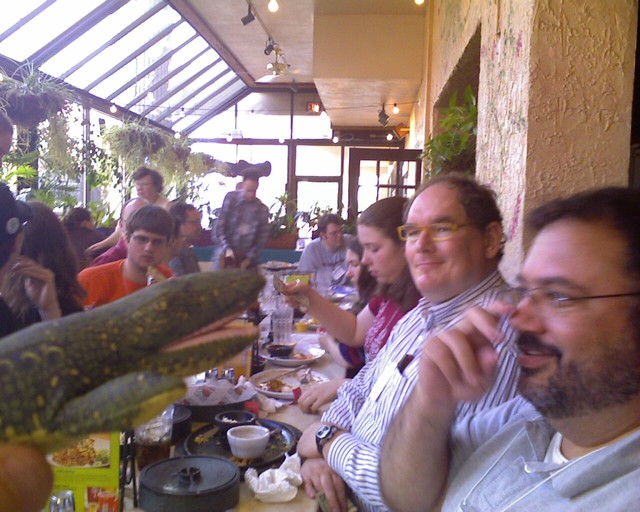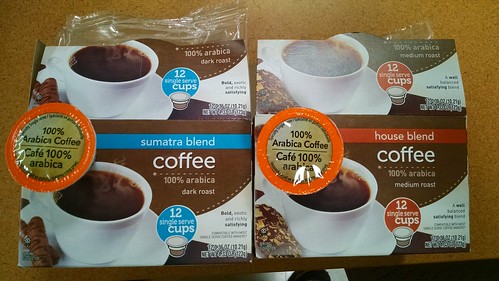Help desk woes
This morning my frustration with the help desk at my university boiled over and I (perhaps unwisely) sent this note:
Thank you very much for the prompt and complete response to my concerns. This is perhaps the fourth or fifth time in the past year that I have reported a problem to the help desk and have gotten an inappropriate reply back. I could go back in my email and find them all, but that's not the point I'd like to make.
In the past, Dreamhost had you indicate with a menu option how familiar you were with technology with options from "I have no idea" to "I probably know more about this than you do". (I always picked the option before that.) I don't know if that's why I always got prompt, excellent service from them, but I'd like to imagine that they paid attention to that and used it like a filter to interpret what I was saying.
Similarly, in xkcd, randall munroe dreams of having a "code word" you can use that will automatically transfer your call to a person who knows a minimum of two programming languages.
I'm not sure what the best solution is, but perhaps something like printing out a small note and putting it next to each person's phone that says "Steve Brewer is not a moron." I don't need people to tell me to check whether it's plugged in. If I say they should do something, I'd like them actually check with someone who knows what they're talking about before replying. I don't report stuff that isn't borken.
What I've been doing is what I did this time: I take a deep sigh and I write a polite note to [the director] asking him to fix it. But it's a PITA, wastes my time, wastes his time, and makes everything take longer.
Perhaps, instead of a note with only my name, perhaps we could have a flag that shows up for any of the technical staff. Or something.
I want to use the system. I just want the system to work.
Thanks again for the prompt, courteous follow up to my concerns.
It probably won't help, but I've already been told by someone else that I'm "very pissy" this morning and needed to vent.
- Read more about Help desk woes
- Steven D. Brewer's blog
- Log in to post comments


